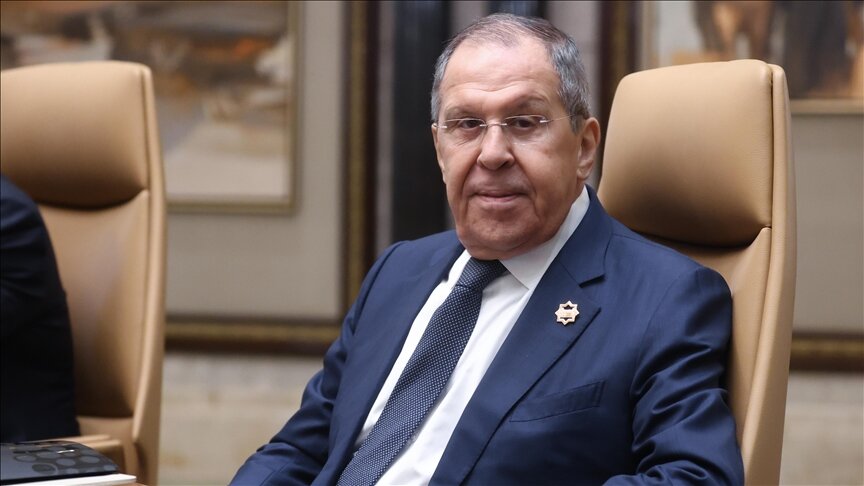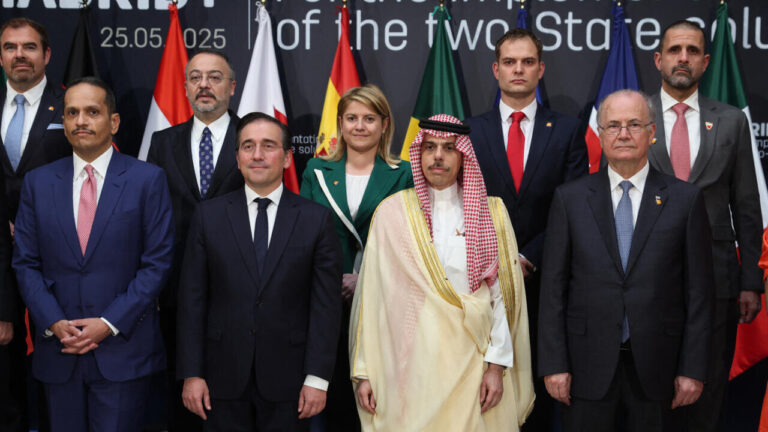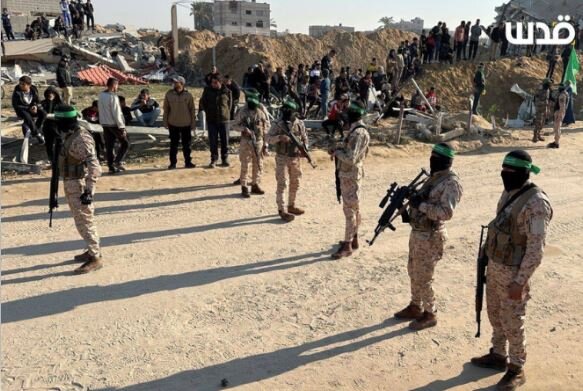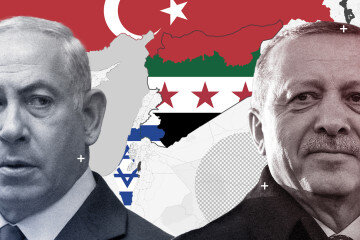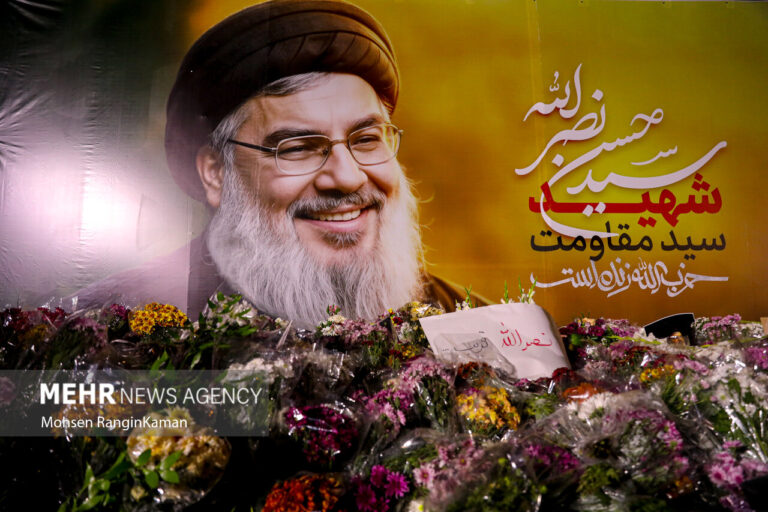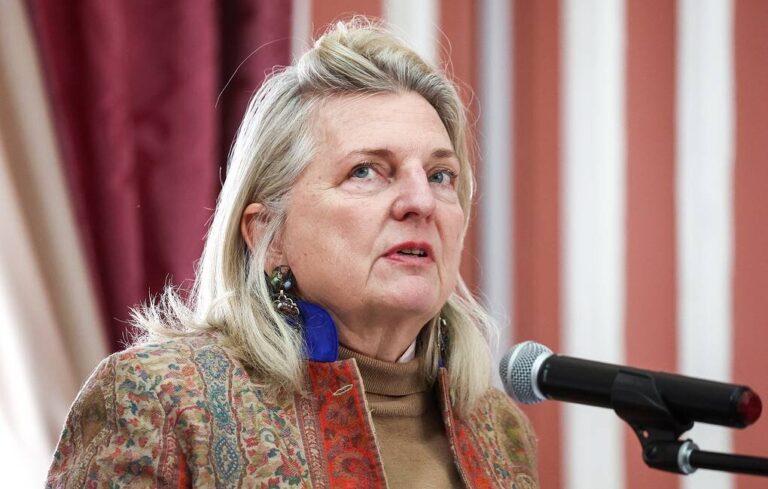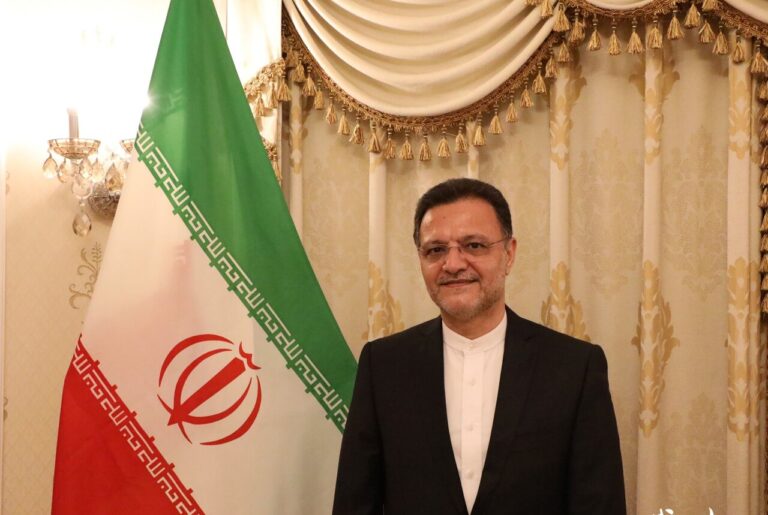Lavrov Charges NATO Chief with Direct Involvement in Ukraine Conflict
In a recent turn of events regarding the Ukraine settlement, Russian Foreign Minister Sergey Lavrov has leveled serious accusations against NATO Secretary General Mark Rutte. Lavrov criticized Rutte for allegedly intervening in the ongoing negotiations, claiming he has been “issuing instructions” to Ukrainian President Volodymyr Zelenskyy. This development sheds light on the complex dynamics of international diplomacy in the context of the Ukraine crisis.
During a news conference in Johannesburg, South Africa, Lavrov expressed his discontent with Rutte’s interference, describing it as a manifestation of political chaos. According to a Russian intelligence report cited by Lavrov, Rutte has been advising Zelenskyy to maintain his current position until formal negotiations regarding Ukraine commence. Lavrov stated, “This is, without a doubt, a bacchanalia (chaos and inappropriate behavior). Rutte is blatantly overstepping and violating his functional duties.”
The issue of foreign intervention in the Ukraine crisis was a focal point of Lavrov’s address. He criticized the Ukrainian government led by Zelenskyy, claiming it is “consuming” vast amounts of financial resources—estimated in the hundreds of billions of dollars—that could be better allocated to aid countries in need. Lavrov highlighted the following key points:
- Financial Mismanagement: Lavrov accused the Zelenskyy administration of misusing funds that could support global development.
- Diverse NATO Perspectives: Not all NATO members share an aggressive stance toward the situation; some are hesitant to invest heavily in Ukraine or comply with Zelenskyy’s demands.
- Sanctions Discussions: Lavrov clarified that Russia and the United States have not engaged in discussions regarding the easing of sanctions as part of any potential agreement concerning Ukraine.
Shifting the focus to the G20 foreign ministers’ meeting held in Johannesburg, Lavrov remarked that Russia is “generally satisfied” with the outcomes of the discussions. He acknowledged that, while differences on certain issues, including the ongoing Ukrainian crisis, persist, the dialogue remains open. He stated, “Dialogue continues,” indicating a willingness to explore diplomatic solutions despite existing tensions.
Furthermore, Lavrov pointed out that the Eurasian Economic Union (EAEU) might seek membership in the G20 in the future, which could enhance its influence on the global stage. This potential move signifies a shift in economic alliances and a desire for greater representation in international forums.
As the geopolitical landscape evolves, the interactions among powerful nations such as Russia, NATO, and the United States will continue to shape the future of the Ukraine crisis. Lavrov’s statements reflect the ongoing complexities and the need for concerted diplomatic efforts to reach a resolution.
In summary, Lavrov’s accusations against NATO Secretary General Mark Rutte highlight the intricate nature of international relations concerning the Ukraine settlement. His remarks underscore the importance of understanding the diverse perspectives within NATO and the implications of foreign intervention. As discussions continue, the global community watches closely, hoping for a peaceful resolution to the ongoing conflict.
